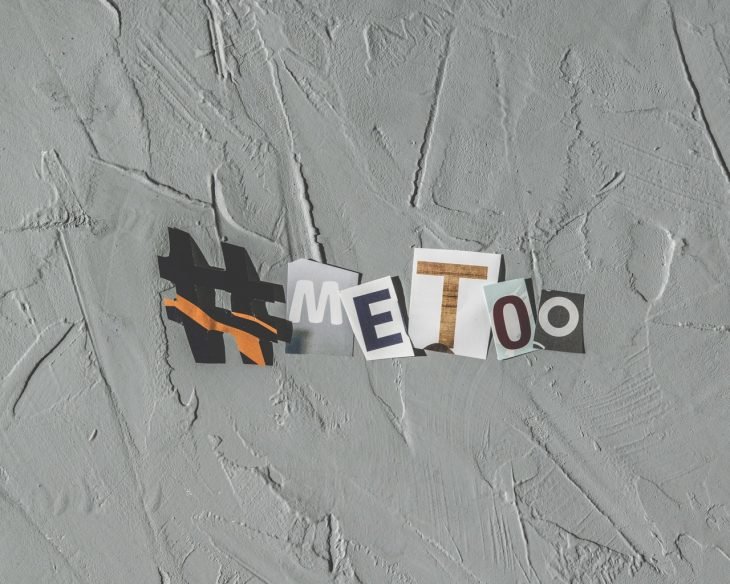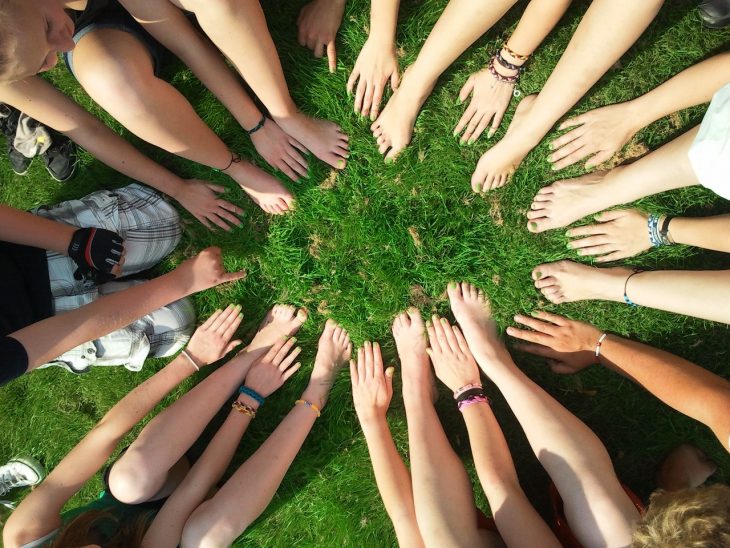When she's not writing, Tazeana spends her day YouTubing cat…

A viral story shows up on your social media page the way it was intended: swiftly and unapologetically. The #MeToo campaign took only a few days before it flooded Facebook and Twitter timelines, fulfilling a purpose as unsettling as its impetus.
On a typical day at work, I thumbed through my Facebook feed, seeing the same hashtag post after post, from my colleagues, from old college friends, from friends of friends.
None the wiser, I side-eyed it the same way I side-eye every other online gimmick that’s motivated by capitalist interests and masked as some act of activism or altruism.
Until I actually stopped being a flippant a-hole and read about #MeToo.
The discovery was bone-chilling. The #MeToo movement is not a Pepsi ad – it’s an outcry against sexual harassment. All those identical hashtags on my Facebook and Twitter feed were personal declarations of having experienced sexual abuse or harassment.
These are people I knew, friends I spoke to occasionally or every day. All of them shared an unthinkable sentiment, and bared open the existence of a masked, downplayed evil: the Harvey Weinsteins of the world.
Why the Movement?

It all began with an expose depicting the allegations against one of Hollywood’s most glorified producers, Harvey Weinstein. Actress Alyssa Milano, one of Weinstein’s most outspoken critics, said she wanted people to realize the ubiquity of sexual harassment and assault, thus giving birth to #MeToo.
She tweeted, “If all women who have been sexually harassed or assaulted wrote ‘Me too’ as a status, we might give people a sense of the magnitude of the problem.”

For various cultural and personal reasons, some women conceal – or deny altogether – their experience of sexual harassment. There’s fear of being ridiculed, shamed, disbelieved, scrutinized, forever being tied to that one ugly, painful experience.
Silence, while understandable, has its cost. For one, it downplays and normalizes a problem that damages the lives of women (and men) all over the world.
The #MeToo strives to give voice to this silence, while building a sense of unity among those who’ve been sexually intimidated, coerced, and abused.
Within days, millions of women – and some men – took to Facebook, Twitter, and Instagram, to divulge the assault and harassment they have faced in their lives.
Actors including Rosario Dawson, Debra Messing, Anna Paquin, Gabrielle Union, and Evan Rachel Wood joined the movement. While some disclosed full stories, others simply posted the hashtag to add their voices to the fray.






#MeToo moved beyond one man; it became a conversation about men’s problematic behavior towards women, the imbalance of power, and the unfathomable post-traumatic scars that many women still wear today.
With that one powerful hashtag, people felt feeling heard, understood, and bound in their experiences.
Why the World Needed #MeToo

The stories attached to #MeToo are just the tip of a much bigger, much scarier iceberg. For every woman sharing her experience, there were likely just as many choosing to stay silent.
The #MeToo campaign may not topple the consequences of patriarchy, but it shows unity. People are finally speaking out, and people are listening. While one on end there’s a show of vulnerability, there’s understanding, empathy, and support on the other.
It also became an opportunity to look into our own experiences, revisit suppressed memories, and examine situations where we ever felt cornered and helpless. In the same vein, it was the perfect time for men to reassess their behavior and see things for what they are: assault, predation, abuse, harassment.
#MeToo doesn’t bother itself with stats and figures – it’s actual experiences from actual people. This collective voice won’t cure society of its gender-biased cancer. But it’s a step, and it’s far from pointless.
As Alyssa Milano puts it, “F**k the statistics, just do better, world.”
What's Your Reaction?
When she's not writing, Tazeana spends her day YouTubing cat and dog videos and daydreaming about Jollibee fried chicken.

